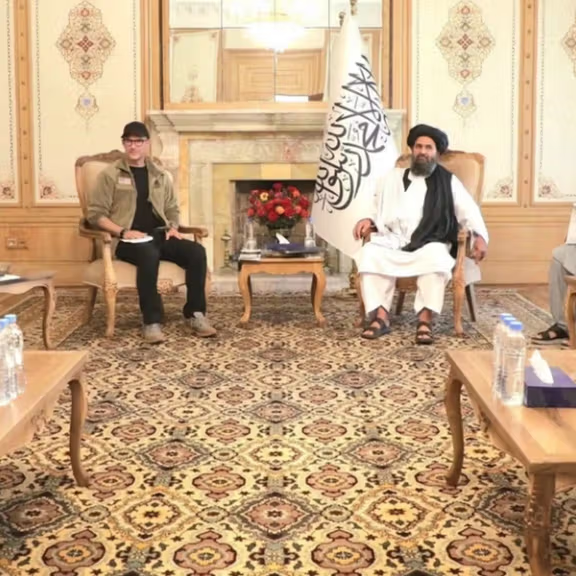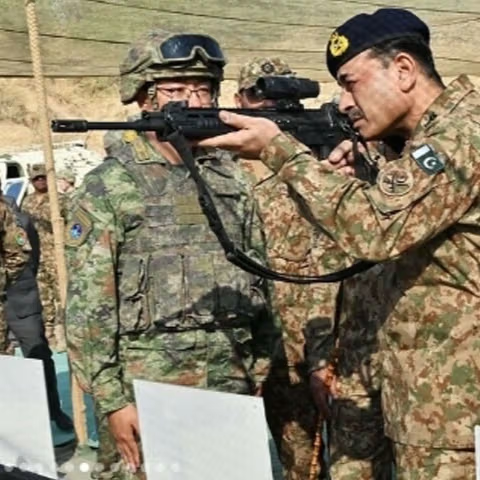Talks between a Taliban delegation from Kabul and the leadership in Kandahar ended without results, the sources said, adding that Akhundzada has so far refused to discuss the shutdown.
According to the sources, Akhundzada ordered the creation of a new company to provide internet access for government offices and diplomatic missions. The Taliban may also allow Salam, a state-owned operator, to distribute limited services.
An executive at a private internet company said only a small number of WhatsApp accounts with special Taliban-issued permits will be allowed to connect, under strict surveillance.
The Taliban has already cut fibre optic services in Balkh, Kandahar, Uruzgan, Helmand and Nimroz provinces, while disruptions have been reported in Baghlan, Ghazni, Parwan and Herat provinces.
Failed Talks
Meetings between telecom operators and Taliban officials in Kabul, the ATRA regulator and Kandahar have yielded no progress. During one session at the Taliban-run Ministry of Communications and Information Technology, officials said mobile data speeds would be reduced to 2G.
“The order from the Taliban leader is irreversible and will be enforced nationwide,” one informed source said.
Banking Disruptions
Afghanistan’s banking sector has been among the first hit. Sources said banking services in Mazar-i-Sharif faced severe interruptions this week, prompting Taliban governor Yousuf Wafa to order exemptions for banks, the national ID office and a handful of other institutions. Internet access for banks in the city was restored by midday.
The Taliban ministries of finance and economy, along with the central bank, had previously opposed the order. Days earlier, a delegation led by the Ministry of Economy and joined by senior officials from finance, the central bank and other ministries travelled to Kandahar to warn Akhundzada of the risks.
The delegation, which included Mines Minister Hedayatullah Badri, Deputy Interior Minister Ibrahim Sadr and the Taliban-appointed central bank chief, stressed that government institutions depend on online systems and that cutting high-speed internet would cripple operations.
Impact on Education
The restrictions have also disrupted online schooling. Thousands of students and teachers have been unable to join classes.
A female student told Afghanistan International the shutdown had “closed the gates of online schools to girls,” depriving many of their last opportunity for education after the Taliban banned girls from secondary schools and universities.

